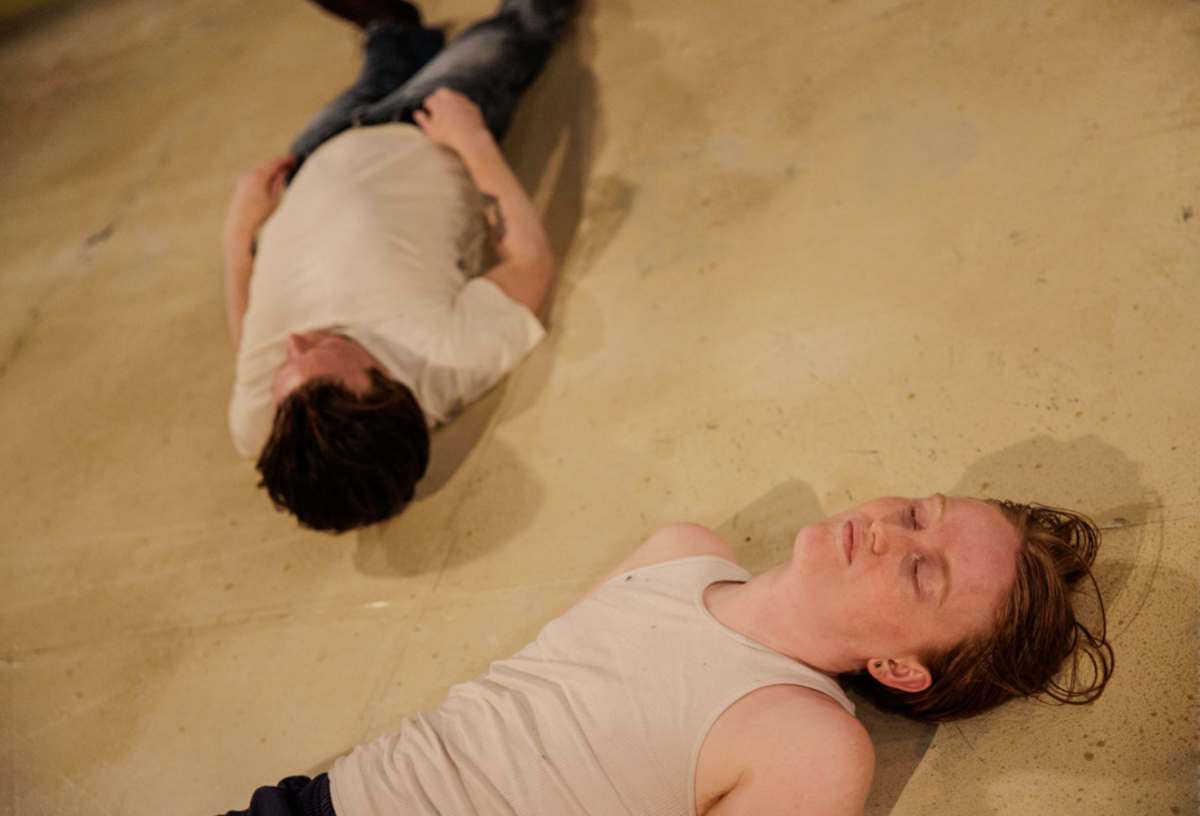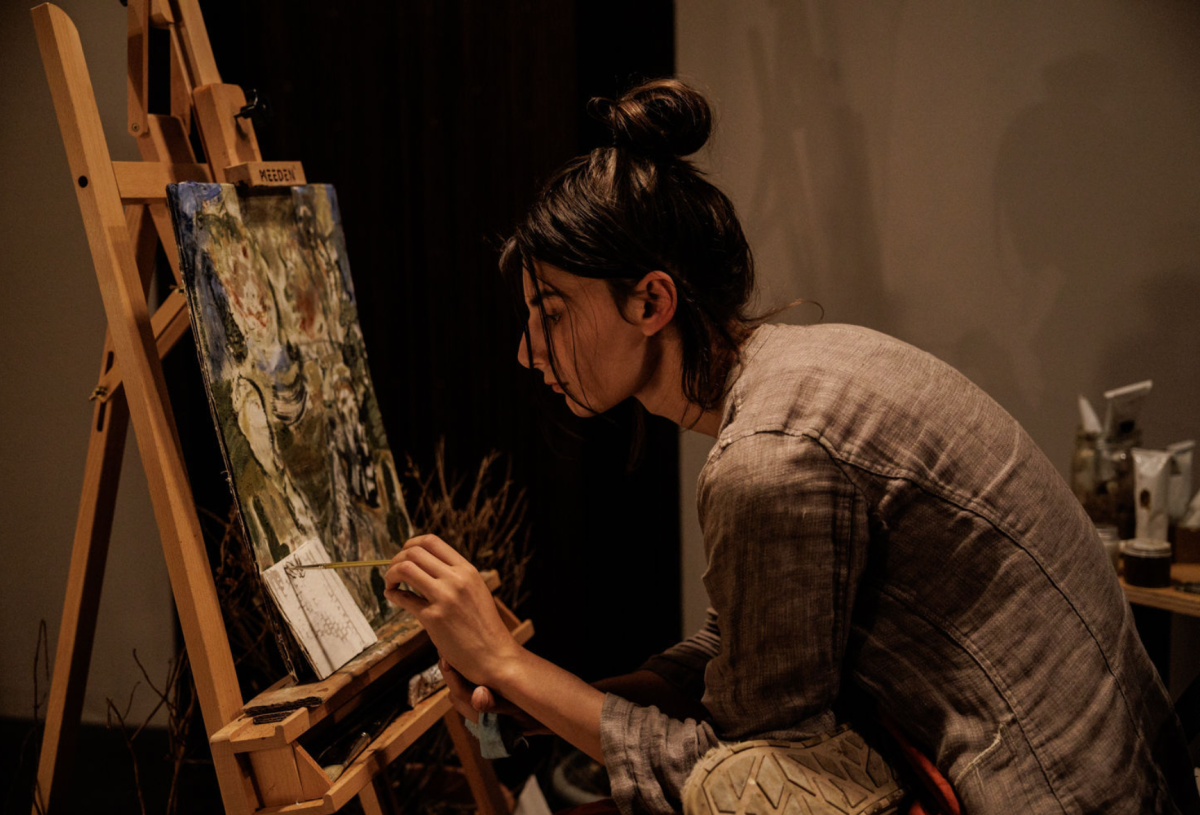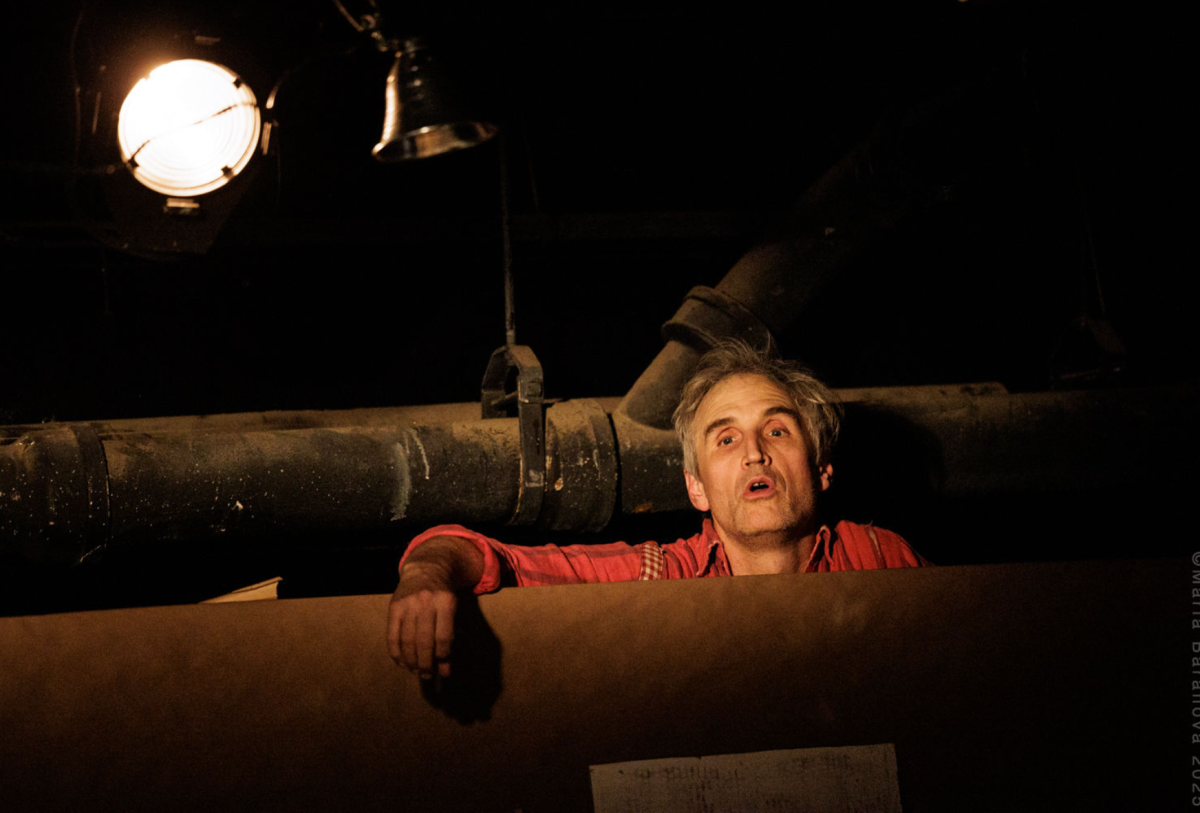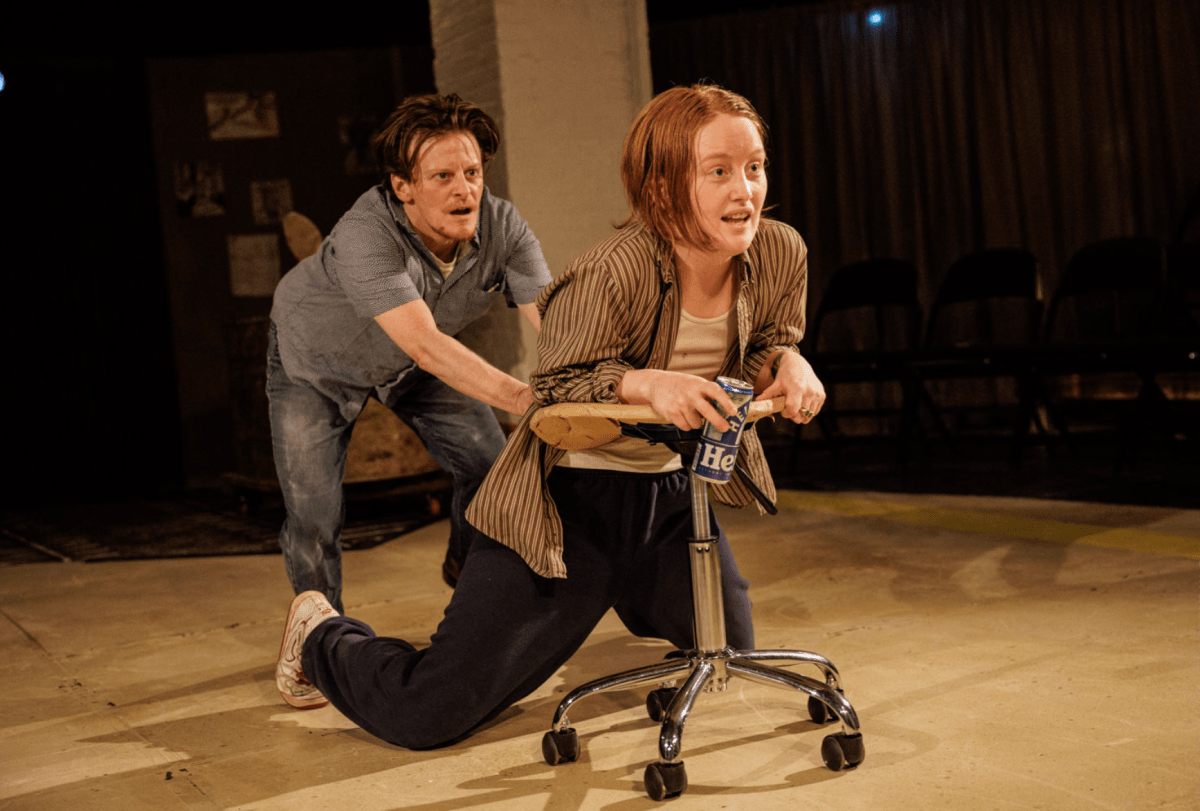“It’s not any of ours. Love belongs to itself. It moves how it wants to move and sometimes you catch it, and sometimes you don’t.”
Have you ever loved a friend so much they were your muse? And you loved every part of each other and you had parts that the other lacked. And you inspired each other and your love was a type of insanity and your love worked. The insanity worked. The insanity took care of the both of you and from your love you birthed a third thing. Sometimes an unspoken thing. And you hated each other as much as you loved each other for all the things you had and did not have. And you lived together many times. And he was your muse and he collected his pee in jars and you took care of him not just because you didn’t want him to die but because also he was the most interesting thing about you. Because maybe it made you a good person to take care of him. Like your friendship was the most interesting thing about you. You would go on benders in Miami doing drugs and meeting strangers and letting your love for each other take you anywhere. Take you to strangers houses and weird bars and to the beach at midnight. And your love couldn’t save each other. And your love couldn’t save either of you from time. And your love was a revolution because the way you loved each other brought about a better world between you two. And you were both better for it and also plagued by the insanity of it. Your love could not outrun time. And when your relationship fell apart you grieved in a way you had never grieved before. And then you found yourself at this play called Bad Stars and the play was about a love story all too similar to your own. And the play was about what to do in the ruins of such a type of heartbreak. A love story with no sex.
I have to tell you. I have seen Bad Stars twice now. Before it ends its run at Collapsable Hole, I will have seen it three times. I would see it five times if I could. Twice I’ve seen this play, twice I’ve left the theatre in tears, because it is doing what it is saying it is doing. It is saying a lot. Bad Stars is a play about a love story and what to do in the ruins of that love. It is a play about a love story and worms. It is a story about how to write a story. About friends breaking up and giving this story to the audience, to someone. Knowing they’ll know what to do with the ruins. I’m in ruin and I’m in awe. I got wrapped up in the slapstick and creativity of it all and then I got punched in the gut. I got devastated, because it was a story all too true.

Jess Barbagallo and Bobbi Salvör Menuez in Bad Stars, photo by Maria Baranova
I’ve never read Sam Shepard’s True West and I don’t need to. Bad Stars, an adaptation written and directed by Amanda Horowitz is everything I need to see and hear and be consumed by right now. Bad Stars is an adaptation and then some. Two brothers writing a movie about worms. But then chaos ensues. But then, things slice off and off creating new things. Wriggiling scenes and characters. Writhing spurts of language that I hold onto. I can’t shake this play. I wake up and think “It was Chester.”
Bad Stars is about the disintegration of boundaries in every form you can conceive. Time, language, plot, setting, character, performance, relationships, personhood, the end of the world, revolution. Where things stop and begin and where they don’t. What that does to us as people. What it does to love.
I walk into the set and immediately I’m brought into the world Horowitz is setting up for us. A painter sits on an elevated platform, with an easel and paints and canvas. She’s painting. Her paintings decorate the set around us. We’re in it. All of us are waiting. Her paints are desert colored, dusty hues of gray, blue, brown, and muted reds. When does the play begin? Is it when the painter makes her first stroke?

Adi Blaustein Rejto in Bad Stars, photo by Maria Baranova
Bad Stars introduces itself to us through sounds. Chicken sounds, words being yelled behind the walls surrounding us. “Boyyyysssss” in a southern drawl is repeated. Then, almost Romeo and Juliet style, the two brothers appear above our heads. Talking to each other from across the room, high up. Coyote (Bobbi Salvör Menuez) opens a curtain, Cricket (Jess Barbagallo) pokes his head out over the wall that encircles us. They talk about Chester, a third thing, love. How love is like animals, like children. Love is its own thing. I get caught in the net of language. They address us, the audience. “Stop saying you’re alone, all these people are here”. This play is about the blurring and the retelling of our relationships. About contending with time, with clocks.
There are five characters in this play. The Painter, the brothers, Cricket and Coyote, Macrame Mama and Papa. Papa. Pasta. Papa Pasta. He’s a drunk dad. He’s drunk and in the desert and he’s got two sons. One good. One bad. He says so as he stumbles on stage. The painter sits silently painting.
Bad Stars is like stage direction poetry. Another boundary played with. When does a play become a poem and when does a poem become a play? The actors speak in poems. The brothers enter the stage, moving like worms on the ground. I’m never lost in this production. Each utterance brings me to the next place I need to be. Each monologue, every line, builds the history of these brothers up around them. They are in the desert and there is an ocean in the desert.
Two characters in one. Papa Pasta and Macrame Mama are played by the same actor, Pete Simpson. Another disintegration of boundaries? The actor does an amazing job of embodying the two and adding to the playful world of Bad Stars. Crassness and earnestness and camp erupt from Simpson’s performance. There are amazing feats of the body happening throughout the production. At one point Cricket is on the floor, flagellating like a worm while lip syncing drag style “Teenage Dirtbag” by Wheatus. I can’t stop thinking in my head “this is genius.” There is insane poetry of the body, of the eye, of the spirit in this production. Done through the overlapping and breaking down of language, movement, ideas.

Pete Simpson in Bad Stars, photo by Maria Baranova
The ethos of Bad Stars is repeated again and again in different ways through the splitting and slices. It is given different points of views from all characters. It is delivered in beautiful and heartbreaking ways. The brothers lip sync to “Highwayman” by The Highwaymen and facilitate a flow of cash throughout the audience. Passing out dollars and taking them back. I’m smiling at this act of play while the lyrics of “Highwayman” reverberate around the room. The song is about time, death, and again-ness. Much so like the play. Papa Pasta delivers a monologue on getting on the wrong train getting stuck on the wrong train. Coyote delivers a monologue about loneliness, charm, and stars. What if Cricket was the only one to ever see Coyote for who he is? To give him redemption again and again. Cricket says to Coyote “I want to write a script that makes you cry, it’s so good.” Horowitz has done this. There is a rhythm to the production where I get swept up in the comedy, in the dadaism, surreal, world-making, and dissection of language. Suddenly the rug is pulled out from under me and I am face to face with an emotional truth that makes me want to drop to my knees and sob. There is an insane honesty wrapped up in the mechanizations of language and production and play.
This play is a blueprint of what to do with this type of heartbreak that is so familiar to many of us. To me at least. It felt like God. Horowoitz, producer Max Mooney, and the cast do a brilliant job of buttering you up with playful language, lovable characters, magic tricks of the stage and then devastating in the way I needed to be. It was like a mirror. It was like a tutorial video on what to do in the ruins of these relationships we have. I didn’t feel alone.

Jess Barbagallo and Bobbi Salvör Menuez in Bad Stars, photo by Maria Baranova
In the final scene, Macrame Mama comes home from her vacation on a fishing boat in Alaska and sees what the boys have done to her home while she is away. She takes everything in. She tells the painter to move, that she, Mama, wants to be the artist now.
“This canvas is like a net I throw over the ruins and see what it picks up.”
Which feels like this play. Which feels like art. Which feels like all we can do with the experiences given to us by love and life and how to share it with others. I am grateful this was in Horowitz’s net and that she gave it to us on this canvas.
This play is about two brothers cut from the same root. Estranged but now brought back together to write a movie. A movie about worms and love. A love story about friendship and the family you choose. When they were kids they would channel their energy to say and do the same thing. They would play games. Their love was a third thing that you couldn’t catch or own. Like children. Like animals. It was Chester.
Bad Stars runs through Sunday, June 8 at Collapsable Hole.


